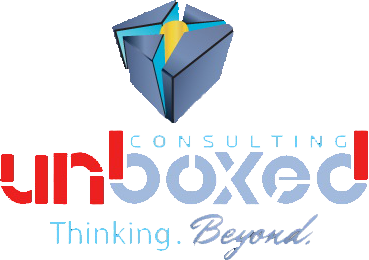
Customer Relationship Automation Is the New CRM
A bit about customer relationships. Our digital universe is vast and growing rapidly, expected to swell to 44 zettabytes of data by 2020. (For reference, one zettabyte is 1,000,000,000,000 gigabytes.)
Companies have attempted to use this tremendous amount of data in ways that make our lives better. To maximise profit from customer relationships, retailers analyze and apply data in real time for a number of uses: to predict purchasing behaviors and optimize which products get shown on a page as someone scrolls; to allow financial institutions to pinpoint and stop fraudulent transactions in a fraction of a millisecond; and to help health care companies more effectively diagnose and treat patients, to name just a few examples.
But in the enterprise world, data has traditionally been siloed, unwieldy, and manually entered into database systems such as customer relationship management software, or CRM. And other than moving from on-site to the cloud, CRM has not changed much since its inception in the 1990s making customer relationships fall short.
I run an enterprise technology company, and we’ve seen just how consistently data can be used to help improve customer relationships. Inpite of intentions to provide marketing managers with a way to monitor supply and demand through market research, we all know that CRM tools are still widely inefficient. Often, data has to be entered manuall, and then spend lots of time sifting through it. While the team clearly values the ability to data and sales and habits through CRM, most salespeople do not like entering the data in – often resulting in incomplete market research data — Esp. in the Middle East. This additional data input becomes more significant as an average salesperson spend only 10% of their time selling.
This seems like a lot of wastage, given that we live alongside Ebay, Amazon and Siri. What if salespeople benefited from the CRM, the way that taxi drivers and shopaholics What if CRM as that we know is Jurassic?
Just as Ebay proactively suggests to someone who has purchased a camera that they may want a flash, CRM apps should proactively advise corporate users on what the best ROI or most-urgent tasks are so they can prioritize them. AI and decision-support algorithms that can offer behavious based suggestions will unleash a new level of sales among frontline staff, allowing everyone to pinpoint the key tasks and to continually help to improve.
Turning this into reality is close, thanks to AI and predictive data engines.
For most of the of sales reps, the key tasks right now aren’t necessarily their most profitable and there is too much wastage calling the wrong leads with messages that don’t work well. Using the power and speed of AI to recommend tips and actions allowing them to become right data driven, freeing their time to focus on closing the deal. Any kind of market research and focus group data can supplement consumer understanding
As interactions between salespeople and customers become more online and digital – whether it’s via instagram, whatsapp, email or a website visit — analytics is beginning to clear up our understanding of big data – what successful sales reps are doing that others aren’t, what’s giving good ROI, and how to get others in the team behaving the same way.
CRM is still alive (barely!), but salespeople will stop using it unless it can get smarter and save them time, increase ROI rather than load them with time-intensive manual data entry and search. The future of CRM is reining in predictive and big data to become proactive. Salespeople who are able to leverage AI are the ones who will succeed in the brave new world.
